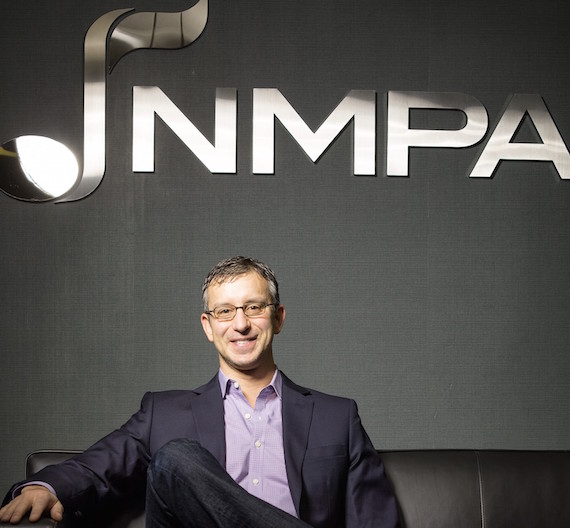

On Saturday (Jan. 27), the Copyright Royalty Board released its ruling on mechanical rates for songwriters for 2018-2022. The court decided in favor of an increase in the overall percentage of revenue paid to songwriters, from 10.5 percent to 15.1 percent over the next five years, marking the largest increase in the Copyright Royalty Board’s history.
The decision stems from a trial that took place from March through June 2017 with the National Music Publishers Association and the Nashville Songwriters Association International, representing interests of music publishers and songwriters against Amazon, Apple, Google, Pandora and Spotify.
Additionally, the CRB removed the Total Content Cost (TCC) cap, giving publishers the benefit of a true percentage of what labels are able to negotiate in the free market resulting in significantly higher royalties for songwriters. The CRB also increased the TCC rate resulting in the most balance between record label and publishing rates in the history of mechanical licensing. In addition, the CRB granted a late fee which will dramatically alter the licensing practices of digital music companies.
NMPA President & CEO David Israelite stated, “We are thrilled the CRB raised rates for songwriters by 43.8% – the biggest rate increase granted in CRB history. Crucially, the decision also allows songwriters to benefit from deals done by record labels in the free market. The ratio of what labels are paid by the services versus what publishers are paid has significantly improved, resulting in the most favorable balance in the history of the industry. While an effective ratio of 3.82 to 1 is still not a fair split that we might achieve in a free market, it is the best songwriters have ever had under the compulsory license. The court also decided in our favor regarding a late fee which will force digital music services to pay songwriters faster or be subject to a significant penalty. The bottom line is this is the best mechanical rate scenario for songwriters in U.S. history which is critically important as interactive streaming continues to dominate the market.
“The decision represents two years of advocacy regarding how unfairly songwriters are treated under current law and how crucial their contributions are to streaming services. We thank the songwriters who shared their stories with the court and helped illustrate how badly these rate increases are needed. While the court did not grant songwriters a per-stream rate, the increases in overall rates and favorable terms are a huge win for music creators.”
Nashville Songwriters Association International (NSAI) Executive Director Bart Herbison said, “Songwriters desperately need and deserve the rate increases resulting from the Copyright Royalty Board (CRB) trial. The CRB was a long and difficult process but songwriters and music publishers together presented a powerful case for higher streaming royalty rates. The Nashville Songwriters Association International (NSAI) thanks our songwriter witnesses Steve Bogard, Lee Thomas Miller and Liz Rose whose testimony was compelling.”
Sony/ATV Music Publishing CEO Martin Bandier said, “As the leading music publisher, we believe that overall this is a very positive ruling by the CRB as it will deliver an unprecedented topline rate increase for songwriters and publishers over the next five years. While we are disappointed not to get the per-stream rate that we wanted, the planned rate increases go a long way to fairly compensate our songwriters for the essential contribution they make to streaming’s success story.”

Category: Featured, Financial/Legal, Publishing
About the Author
Jessica Nicholson serves as the Managing Editor for MusicRow magazine. Her previous music journalism experience includes work with Country Weekly magazine and Contemporary Christian Music (CCM) magazine. She holds a BBA degree in Music Business and Marketing from Belmont University. She welcomes your feedback at jnicholson@musicrow.com.View Author Profile


